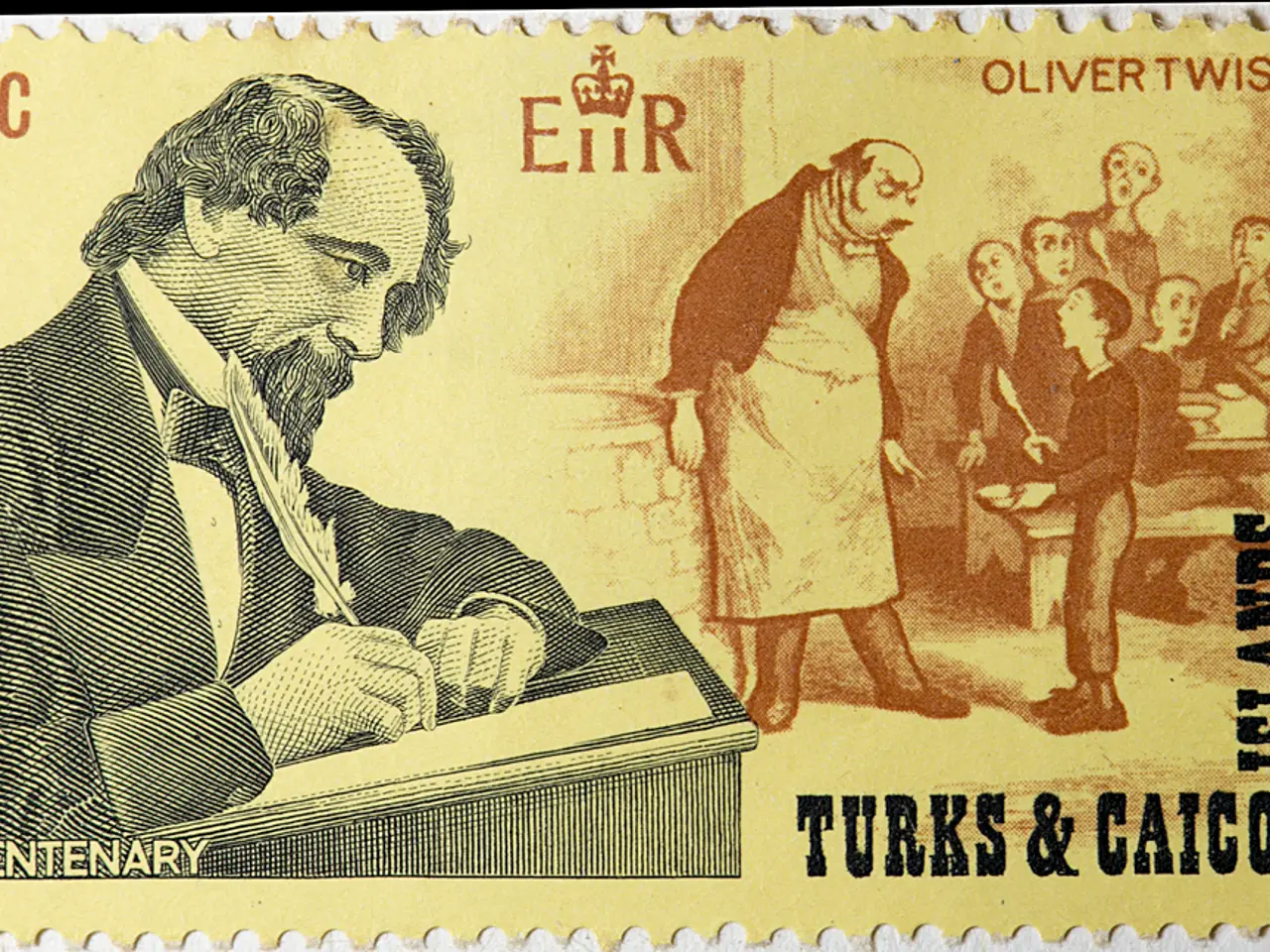Newly-appointed Postmaster General in the United States is none other than Steiner
The U.S. Postal Service, delivering 112.5 billion pieces of mail annually with a workforce of 533,000 employees, has welcomed a new leader. David Steiner, the 76th postmaster general, officially started his role on Tuesday, July 8.
Steiner's agenda, as highlighted in recent weeks, focuses on maintaining the current structure of the USPS as a self-financing, independent entity of the executive branch. In a video message to USPS employees, he expressed his opposition to privatizing the U.S. Postal Service.
Given his background in corporate management, particularly as the CEO of Waste Management and his role on the FedEx board, Steiner is likely to focus on operational efficiency and strategic planning. However, specific details about his operational agenda are not yet outlined.
Engaging with stakeholders is another priority for Steiner. He has been meeting with USPS executives and upper management, indicating a commitment to understanding and addressing the current operational challenges faced by the USPS.
The industry is awaiting Steiner's direction on the Delivering for America plan, which includes significant pricing and operational strategies. While Steiner's specific stance on this plan is not detailed, his leadership is expected to bring clarity on future directions.
Critics have accused the Delivering for America plan of adding to the burdens facing individuals and businesses, especially during economic challenges. Price hikes by the Postal Service have driven away customers, resulting in less revenue. Some groups have expressed concern that the price of a single stamp could reach $1.19 by 2030 if price escalations continue.
Large mailers have requested Steiner to halt price increases for stamps and parcel service. Keep US Posted, a group representing various interests, has expressed similar concerns, citing potential postage increases and service delays.
The U.S. Postal Service has recorded net losses in 18 of the past 20 years due to regulatory handcuffs and declining mail volumes. In an effort to address this, Congress relieved the Postal Service from the burden of pre-funding retirement benefits decades in advance in 2022.
Steiner is the highest paid chief executive in the agency's history, earning a salary of $346,780. His total first-year compensation is more than $520,000, including a relocation bonus worth 50% of his salary. This has raised some eyebrows, with some questioning whether it is appropriate given the financial struggles of the USPS.
Steiner's appointment comes at a critical time for the U.S. Postal Service. With a long history of financial losses and ongoing criticism of its operational strategies, Steiner's leadership will be crucial in navigating the complex challenges facing the organisation. His focus on operational efficiency, engaging with stakeholders, and addressing concerns about privatization will be key in restoring public trust and ensuring the USPS remains a reliable, self-sustaining entity.
- David Steiner, in his role as the postmaster general, has stated that he aims to maintain the current finance structure of the USPS as a self-financing, independent entity within the executive branch, expressing opposition to its privatization.
- With a focus on corporate management, particularly during his tenure as CEO of Waste Management and his role on the FedEx board, Steiner is expected to concentrate on improving the operational efficiency and strategic planning of the USPS.




